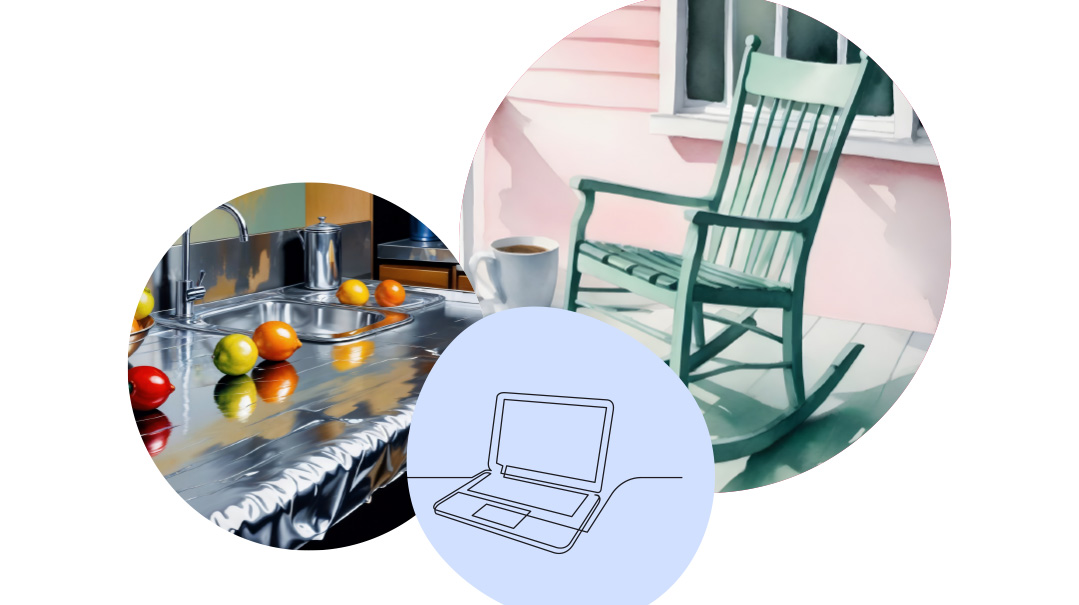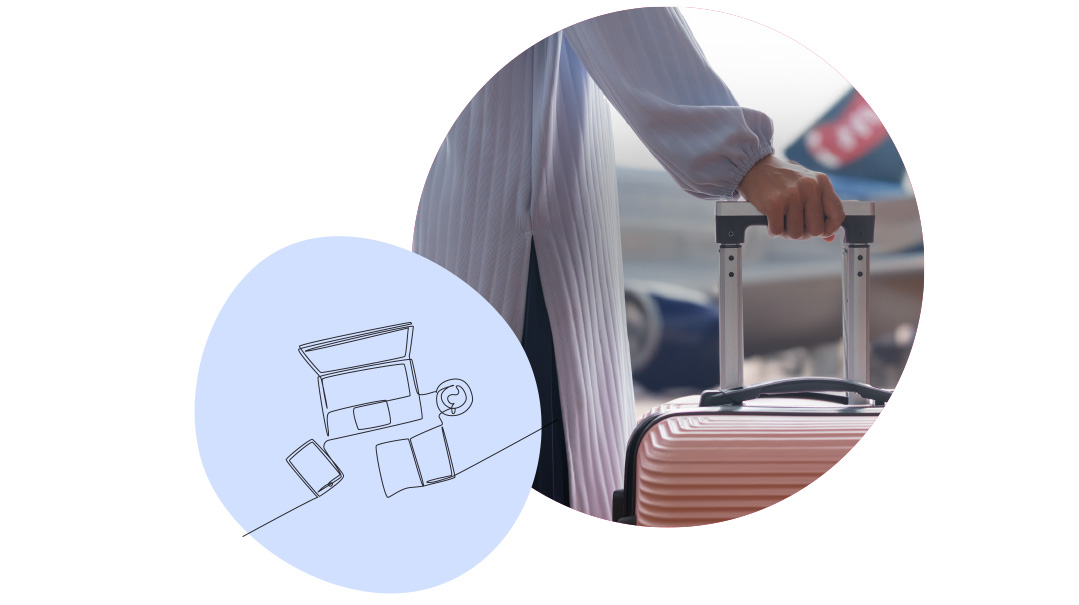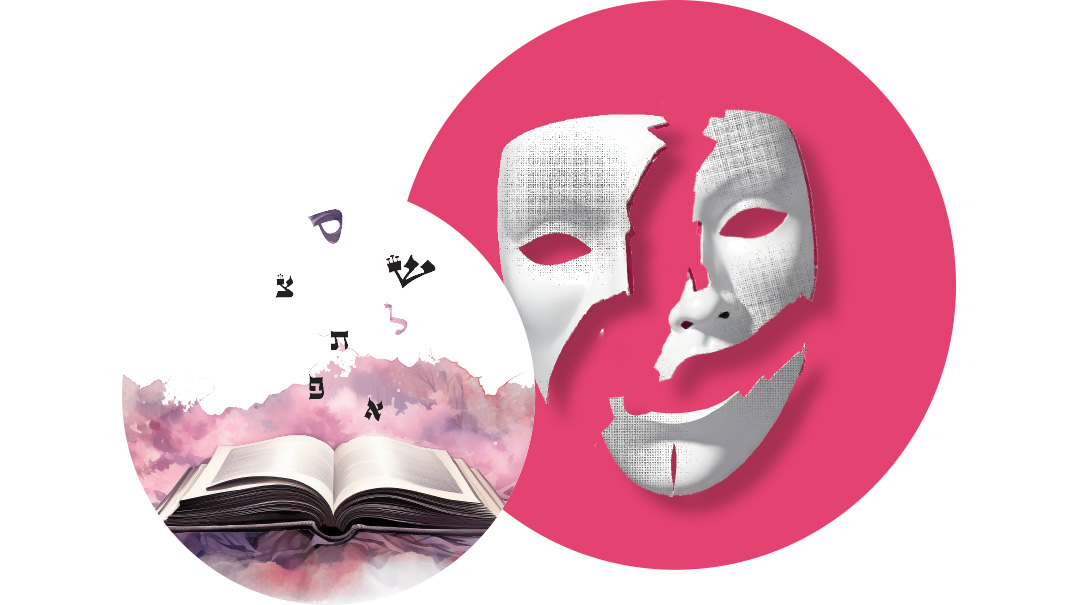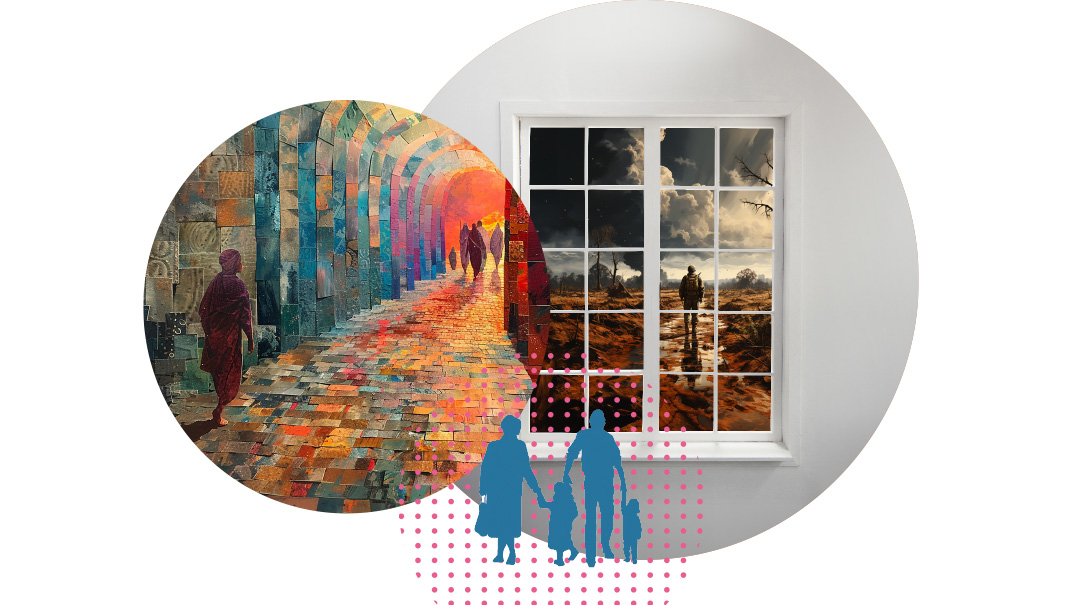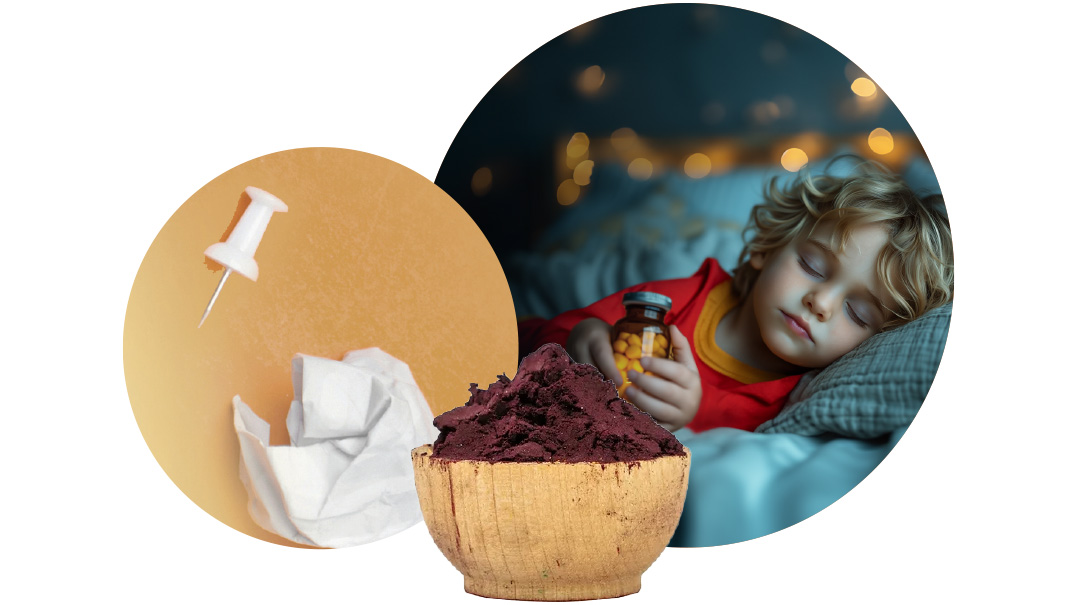Family First Inbox: Issue 782

"Making sure that we are not involved in abusive relationships is critical. Letting that fear color all of our decisions is debilitating"
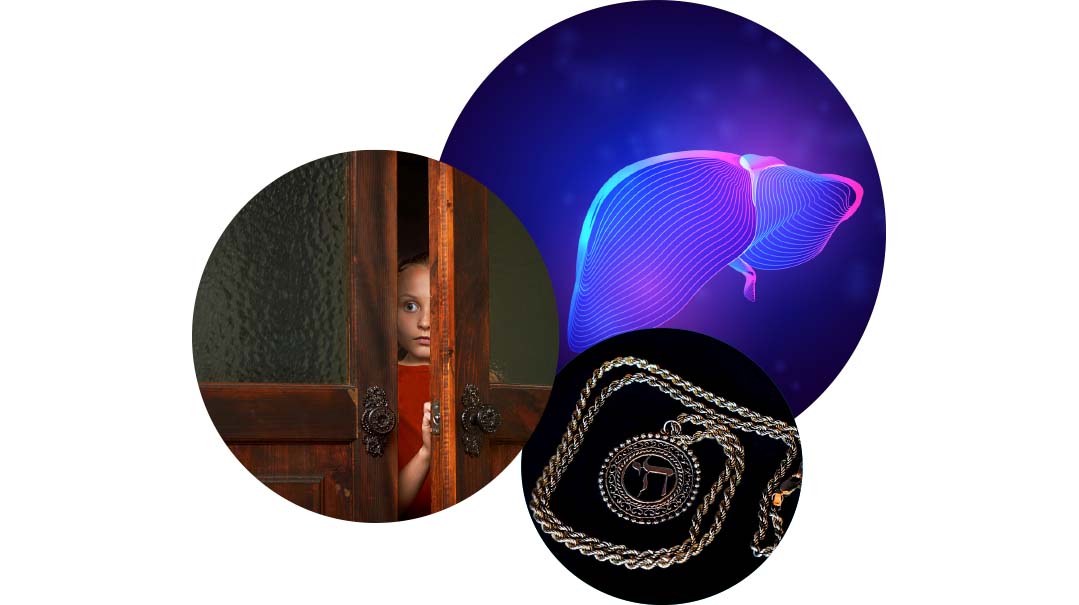
Of Buzzwords and Boundaries [Dream On: The Conversation Continues / Issue 780]
As I read the continuing conversation about Dream On and setting boundaries, I thought of a book called The Blessing of a Skinned Knee, wherein the author describes modern Western child rearing as over-pampering and coddling, fostering unresilient children and cultivating a self-centered generation. I am concerned that such child-rearing trends will naturally produce adults constantly concerned with protecting their own boundaries, making sure that no one else’s needs are ever infringing on their own “needs” (read: desires, entitlements, etc.).
The author of the article suggests questioning one’s own motives for giving frequently and much. Let’s also try to question the motives of those in a new generation who use the new buzzword — “boundaries.” (We are not talking about people who are in abusive relationships.)
Why do I have to rationalize my need to engage in “self-care” at a time when someone else needs something? If I can do something to ease someone’s pain or provide assistance for someone in need, why am I choosing to sit back rather than performing the chesed — even if I have already done a chesed this week — under the guise of protecting my boundaries? As long as our own needs — needs (enough sleep and proper nutrition) — are met and I am not neglecting my family’s basic needs, why am I really choosing not to help?
I shudder to think what a generation of Jews who do not push themselves beyond their limits looks like. The Torah calls upon us to constantly push beyond so many of our natural limits. Perhaps pushing one’s self to get out of bed before zeman Krias Shema is intruding on a man’s boundaries; after all, sleep is a basic need. Judaism is all about pushing beyond our limits. Imagine what Megillas Rus would look like if someone had counseled Rus to protect her boundaries! “Rivkah, there is an able-bodied man standing here, offer him your pitcher and let him draw his own water!” Or, “Rus, you have a life here, with all of your familiar surroundings and comforts — this old unfortunate woman will fend for herself. Leaving your life for her and demeaning yourself to collect fallen sheaves of wheat for her demonstrates a lack of boundaries.”
I once contacted a rav who is a well-known expert on matters of chinuch with the following quandary: A neighbor who was the same age as my son came over very, very often. My son wanted more time to himself and would sometimes feel annoyed by these visits. I asked the rav if I should limit the child’s visits, and he was very clear that I should not; this is hachnassas orchim and this is how we educate our children to push themselves beyond their natural inclinations. He will grow from the experience. (Both kids are now healthy and wonderful young adults.) Chesed often pushes us out of our comfy chairs and comfort zones.
Making sure that we are not involved in abusive relationships is critical. Letting that fear color all of our decisions is debilitating.
Let’s be honest with ourselves and before adopting a new societal trend, let’s introspect and question what justifications we are seeking to validate a self-centered approach. Doing so will certainly allow us to express our true selves as part of the nation of “rachamanim, baishanim, v’gomlei chesed.”
Malky S.,
Yerushalayim
Healing from an Eating Disorder [Fixing Ma / Issue 780]
As someone in recovery from anorexia, I was somewhat shocked by the fiction story “Fixing Ma” that depicted a mother’s struggle with an eating disorder through the eyes of a child. I found it incredibly disheartening and sad.
While the story portrayed a very extreme case, many people with eating disorders are regular men and women who could be high-functioning and capable individuals, but are suffering silently. Eating disorders don’t have a “look,” or a “type”; they are highly complex mental illnesses with behavioral manifestations.
Eating disorders are not rational. When we speak about these illnesses without having lived the experience, we are just as clueless and confused as little Tziri is about her mother’s condition. If you don’t have an eating disorder, you can never assume you know anything about what’s going on in the person’s head any more than you can know what it feels like to be blind.
Yelling at or reasoning with someone who has an eating disorder makes no sense. Telling someone to “just eat” is just as nonsensical as yelling at a baby to “just walk.” Sure, you think it would be easier to get around because you can walk. But just as babies don’t have the requisite muscles for walking, people with eating disorders don’t have the brain muscles to disengage from behaviors. They need more help, guidance, and support in order to gain those “muscles.”
What I did appreciate about the story was the portrayal of the nonlinear nature of recovery. You could be doing well and eating a cookie one meal and then engage in behaviors the next. You could even be behavior free for a few months or years, only to relapse back into the dark hole of an eating disorder. These dips and sometimes long dives back into the eating disorder can be disheartening (even more so when people are yelling at you that you should know better by now).
This process is not about fixing, as the story’s title implied… it’s about healing. This includes both healing the relationship with food as well as other areas that need healing. While people may take a childlike approach and think the person is “fixed” after treatment or weight restoration, this is a totally erroneous assumption. Yes, a person can reach full recovery, but she is not a car in need of a new battery or tires. A person can heal, but it takes a lot of work and support and nonjudgmental compassion from those around her. This takes a lot of education (from the treatment team and reading material) about how to help the person as a supporter. (Studies show that proper family support is highly correlated with lower rates of relapse.)
To those of you who are supporting loved ones, know that this is a unique challenge that takes much patience and persistence. It’s very painful to see a spouse, child, or parent turn into someone he or she is not. Your support means so much even when your loved one is crying, lying, and even throwing tantrums.
To those of you who are suffering, I see you and your pain, whether or not anyone else can see it. I also believe in your capacity to reach full recovery.
Name Withheld
Not Really So Rare [Medical Mystery / Issue 780]
Thank you for bringing up the often missed or not diagnosed condition of cholestasis in pregnancy. In my experience, many doctors are not quick to check for cholestasis, which can be very dangerous for the fetus.
The symptoms can be different for each person diagnosed with cholestasis. My “sign” that I’ve got it is extreme itchiness, typically beginning in the seventh month. My bile acid levels were abnormally high, so I had to be induced early. I was very yellow, like the woman in the article. Also, there was a day or two in my eighth month that I didn’t feel the baby. My doctor wasn’t concerned, but he should have put together the itchiness and everything else and tested me (it’s a simple blood test).
It can be very dangerous for the baby to go full term if the mother has cholestasis, so if anyone suspects it, please insist you get tested. Your doctor may use the excuse of the results taking a week to come back, but it’s very important to be pushy about this. And if a woman has it once, there’s a very high chance of it happening again, so try to be proactive and speak to your doctor as the pregnancy goes along to see if you should be tested (probably by the seventh month).
I did hear from some that going off of animal products completely from the start of the symptoms helped a lot. Not only did they not feel symptoms, but they were able to safely carry the baby pretty much full term.
I hope this article brings more awareness to this officially-rare-but-not-really-so-rare condition.
Anonymous
Don’t Escape Emotion [Too Good To Be True / Issue 779]
I was so deeply touched by Chani Muller’s thoughtful and thought-provoking article about “toxic positivity,” and how the current popular wave of “It’s All from Hashem” bumper stickers and hakol l’tovah slogans may somehow be short-circuiting our ability to feel the realness of our life’s experiences, and may negatively affect our connections to Hashem, to others, and to ourselves.
I have often mused that if Dovid Hamelech were alive today and had been swept up in the “toxic positivity” that is often espoused, he might not have written the vast majority of the precious pesukim in Tehillim — which speak of pain, sadness, and even despair, along with deep-seated emunah and thankfulness to Hashem. It was only through experiencing and facing the entire range of human emotions that Dovid Hamelech was zocheh to be the na’im zemiros Yisrael.
Mrs. Muller’s sensitive analysis balanced emunah and personal experience, and is a particularly important critique of well-meaning but misguided attempts to use emunah and bitachon to escape experiencing the full range of emotions of the human condition that Hashem created us for.
Benzion Scheinfeld
Teaneck, New Jersey
Safe Space for Feelings [Too Good To Be True / Issue 779]
The issue of toxic positivity is one that we deal with on a daily basis in our work, and we’re grateful for your article about it. I want to highlight a couple of other points:
Never in the history of being happy has someone become happy by being told “Just be happy.”
There’s no problem with choosing positivity, or the tragic optimism that Chani Muller described in her article. If it works for you, that’s wonderful. The main issue with these kinds of suggestions is the assumption that if positivity worked for you and helped you deal with your grief, then surely that must be the answer. So any time you come across someone who is dealing with pain, you suggest your way, thinking that you must have that magic answer.
But nothing about pain is simple. Some people turn to Hashem, and repeat “Ein od milvado” over and over again. Some people scream, yell, and cry about the injustice of it all. And some vacillate between feeling one way when they wake up in the morning, and another when they go to bed. Some feel one way in the immediate aftermath of a tragedy, but as time goes on, they change their way of thinking or coping.
There isn’t a one-size-fits-all approach to dealing with any kind of tzaar. Be careful about not superimposing your feelings of positivity on others. Every way is valid.
The difference between toxic positivity and validation or hope is subtle, but important.
“Just see the good in everything” can be toxic.
“It’s probably hard to see any good right now. Just know that I am here for you and will support you through anything” is not.
“Stop being so negative” can be toxic.
“What you’re going through is horrible! I wish I could make it better” is not.
“Just get over it. Why are you so sad all the time?” can be toxic.
“All emotions are okay, and you can always tell me how you’re feeling without judgment. I just hate seeing you in pain” is not.
“Everything happens for a reason” or “Hashem has a plan” can be toxic.
“I don’t know why this is happening, but I’m so sorry you’re suffering.”
When someone shares with you that she is in pain, and you tell her that it’s not that bad, or that she should stop feeling, it just signals to her that you are not a safe person. She’s going to feel like she can’t be genuine with you, and will start limiting your place in her life.
Thinking of all of you who are in pain and hoping that you have safe spaces to share your feelings.
Aimee Baron MD
Founder and Executive Director, I Was Supposed to Have a Baby
Charmed [Sister Schmooze / Issue 779]
Emmy Leah’s story about the Chai necklace her mother had given her really hit home for me. My father a”h was a survivor of Auschwitz at the tender age of 15. He too went to the group home in Sweden and slowly picked up the pieces of youth with all the other new-life seeking teens there. Because of what they retained from their mesorah of the heim, and through the (admittedly confused) generosity of the JDC, they feistily demanded not just two sets of dishes, but Pesach as well.
Fast-forward to my birth. Another survivor gave my father a baby gift — a small, slightly bent, golden Magen David charm, so poetically representing everything the Jewish People are. I wear it with pride.
Judy Landman
Adblock Hack [I’m Stuck / Issue 778]
The “I’m Stuck” from a letter writer bemoaning how much time she wastes on YouTube definitely resonated with me. Like so many others, I also struggle with this. Completely cutting out video-watching isn’t an option for me now. But I recently found a solution that I’d like to share in case it can help someone else:
I removed YouTube from my phone entirely, and only watch videos on a computer. I also use an ad-blocking software (Adblock Plus, a browser extension available on most internet browsers) that also gives you the option of blocking specific elements of the page. Using that, I blocked the comments section, related videos section, and any clickable links within any YouTube video.
Now, when I need to watch a YouTube video for a tutorial or anything else, I can only see the video I’m watching and nothing more.
A simple fix that worked for me!
T.K.
(Originally featured in Family First, Issue 782)
Oops! We could not locate your form.
